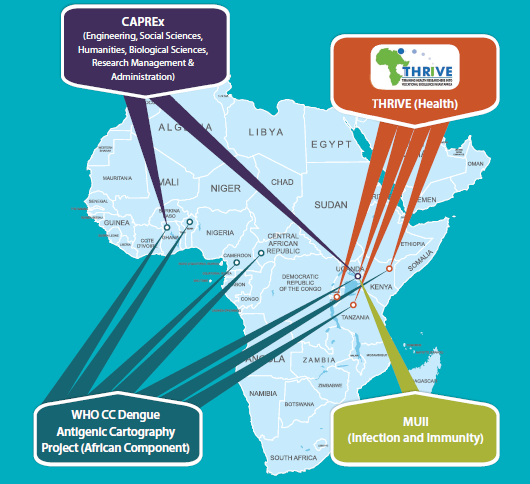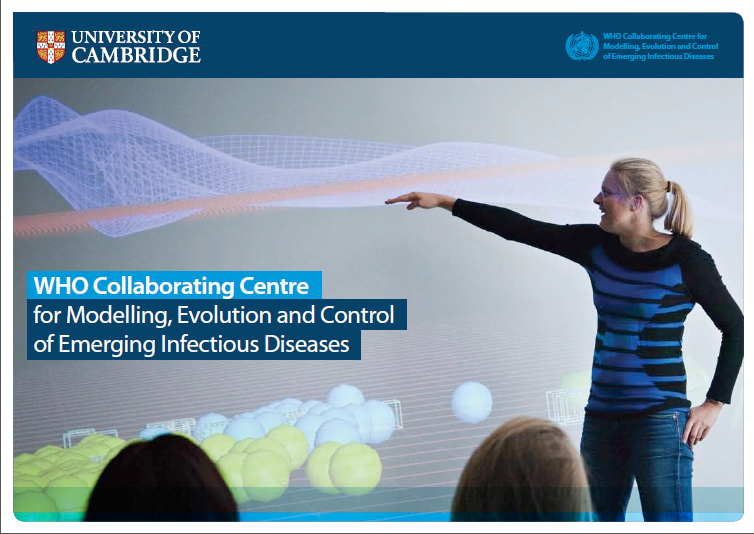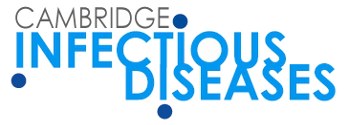As one of the world’s leading research-based multi-faculty universities, the University of Cambridge is committed to using its outstanding research capabilities and influence to support the development of African science. Cambridge has a wide-ranging and long term strategy of holistic engagement with African higher education institutions, through coordinated, cross-faculty research strengthening and scientific training activities, named the Cambridge- Africa Programme. It works in partnership with African universities and research institutes in Ghana, Kenya, Nigeria, Rwanda, South Africa, Tanzania and Uganda, among others.

The Cambridge-Africa Programme (CAP) is led by Professor David Dunne of the Department of Pathology, who has over 25 years’ experience of collaborative research with African partners on neglected diseases in various parts of Africa. Initiatives of the CAP include THRiVE (Training Health Researchers into Vocational Excellence in East Africa) and MUII (Makerere University-UVRI Infection and Immunity Research Training Programme), both sponsored by the Wellcome Trust.
Through these research capacity building programmes, Cambridge is making an important contribution to training African scientists in seven East African institutions (in Uganda, Kenya, Tanzania and Rwanda) to tackle regional health problems and to develop their own regional centres of excellence for scientific education and training.
Central to these programmes is the principle of supporting African PhD and post-doctoral research on African priorities, in Africa. African researchers register for PhD and post-doctoral research fellowships in their home universities with local supervisors, but receive support in the form of mentorship and training from leading Cambridge researchers.
African fellows can spend up to one year of their research programmes in their Cambridge mentor’s laboratory. Supervisors or mentors from Cambridge and Africa take part in exchange visits to provide maximum support and mentorship. A Cambridge register of more than 95 world-class research groups is currently available to provide a wide range of mentorship expertise for African researchers.
This exceptional resource has been incorporated into a searchable and easily accessible website to provide African researchers and students with a menu of Cambridge expertise within clinical medicine, veterinary medicine, biological sciences, social sciences, mathematics, engineering and the Wellcome Trust Sanger Institute. This expertise is being combined with taught courses and training modules to develop personal training portfolios for visiting MUII and THRiVE African Fellows. Both the THRiVE and MUII Pogrammes also provide expert visiting lecturers for neuroscience workshops and infection and immunology courses in Uganda, respectively.
1 - 2


